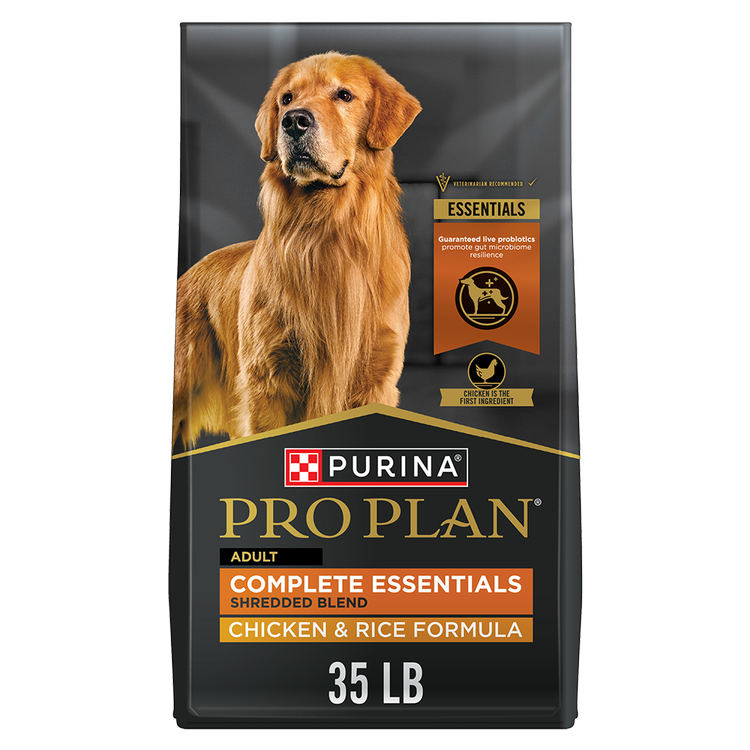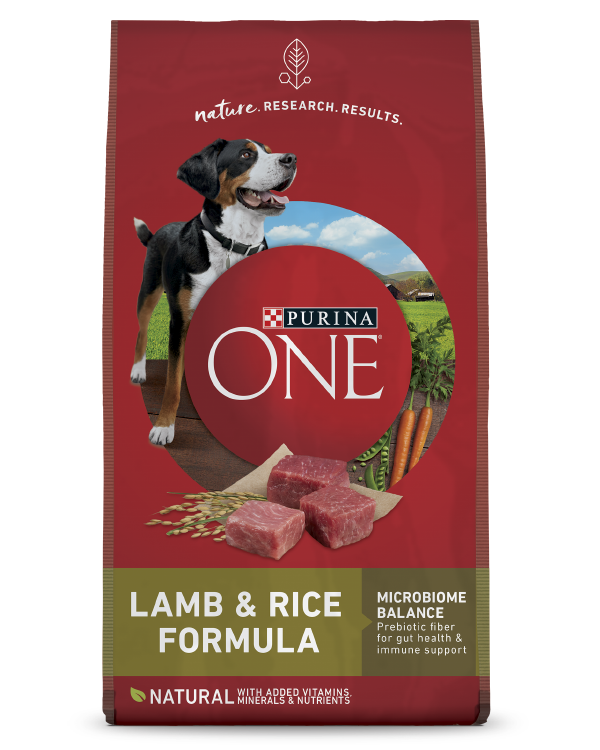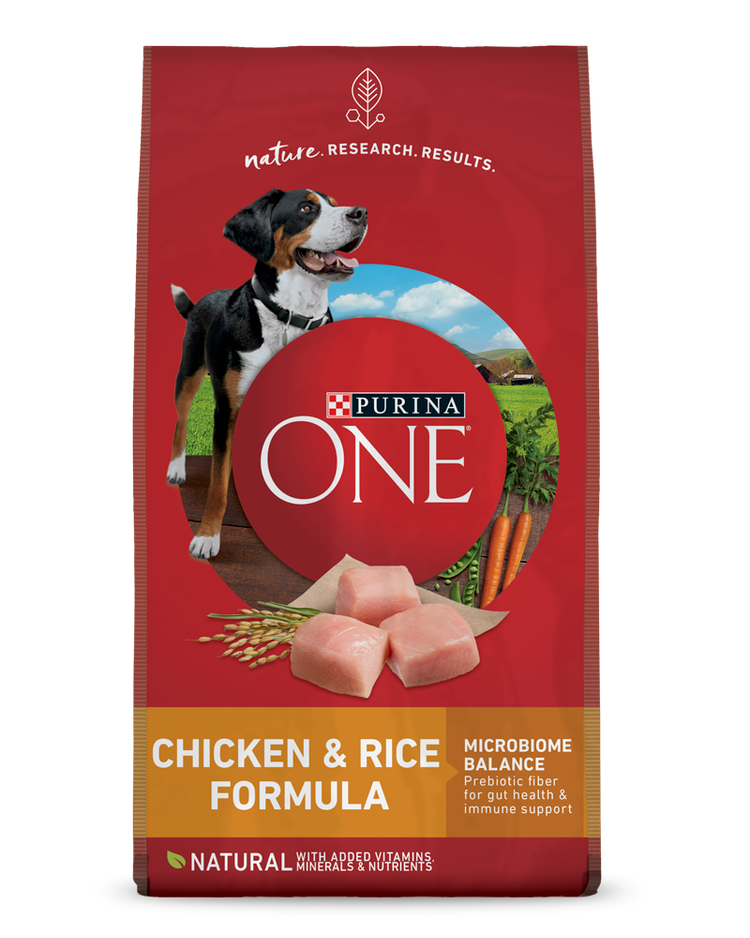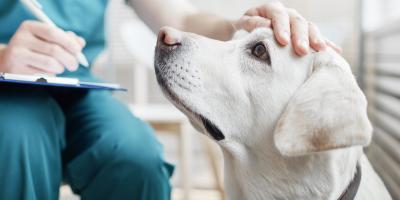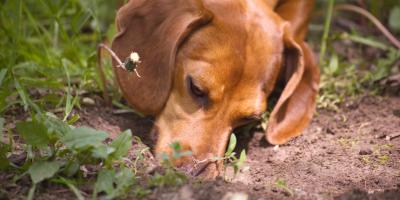When you think of ivy, do you think of the lush vinery found on buildings with history or poison ivy? These aren’t the same types of ivy, and while one might sound more harmful, they can be both unsafe for dogs.
Is all ivy poisonous to dogs? For the most part, common types of ivy and dogs don’t mix well.
How is ivy toxic to dogs? Some types of ivy are more poisonous than others, and some parts contain more toxins. The severity of potential symptoms will depend on the dog’s overall health and size. While the potential hazards of ivy can vary, ivy is common throughout the U.S. and many parts of the world. Hence, all dog owners must take proactive steps to protect their dogs from ivy plants.
Our experts share information identifying some of the more common types of ivy that are toxic for dogs and that dog owners should be aware of. We’ll answer the questions, Can dogs eat ivy plants? and Is ivy bad for dogs? by listing the severe health problems that ingestion of different parts of the ivy plant can cause and how to take the necessary precautions from ivy to keep dogs safe and healthy.
Which Types of Ivy Are Poisonous to Dogs?
Here are some of the most common types of ivy which are poisonous to dogs that dog owners should know about.
Is English Ivy Poisonous to Dogs?
Is English ivy poisonous to dogs? Yes, English ivy and dogs don’t mix. It contains naturally occurring chemicals, including polyacetylene compounds and sapogenin, that can irritate a dog inside and out if it is chewed, swallowed or exposed to skin.
Is common ivy poisonous to dogs? Is variegated ivy poisonous to dogs? Yes, and yes. These are other names for English Ivy. More names for English ivy include:
- Hedera helix
- Branching ivy
- An evergreen vine
Different types of English ivy include:
- Needlepoint ivy
- California ivy
- Sweetheart ivy
- Glacier ivy
Is English ivy safe for dogs ever? No.
English ivy is unsafe for dogs at all stages of its maturity. Starting from when it quickly grows from ground-level, dense patches of lobed leaves into woody vines with lighter leaves, no longer lobed and with small flowers growing on secondary branches. Later, the flowers turn into small yellow-orange or purple-black berries.
English ivy poisoning can cause dogs to have a bad tummy ache and irritate their mouths if ingested. If their skin encounters it, it can irritate, possibly severely if contact is prolonged or substantial. While usually not life-threatening, contacting your vet as soon as possible is always a good idea if you know your dog has encountered English ivy.
Is Poison Ivy Plant Poisonous to Dogs?
Is poison ivy bad for dogs? Yes.
Poison ivy grows on shrubs, plants, and climbing vines. It has clusters of leaves, each with three leaflets. If it encounters dogs’ skin, it irritates them. If you think your dog has encountered poison ivy in any way, bathe them, making sure your skin does not encounter the poison ivy. Then, as soon as possible, call your vet for the next steps.
Is Boston Ivy Poisonous to Dogs?
Is Boston ivy safe for dogs? No.
Boston ivy is not an ivy but is more closely related to an Asian vine. It’s known to sprawl entire buildings with its green blooms in the spring and summer, evolving into autumn colors. Despite not being an ivy, it’s also toxic to dogs if ingested or encounters skin.
Is Ground Ivy Poisonous to Dogs?
Ground ivy is also not an ivy but a dead nettle. It frequently forms clumps that often root. As its name indicates, it spreads on the ground. It is also toxic, though rarely fatal. Regardless, please get in touch with your veterinarian if you suspect your dog has eaten ground ivy.
Ivy Leaves, Vines and Berries Can Poison Dogs
Are ivy leaves poisonous to dogs? The part of the ivy plant toxic to dogs the most is the ivy leaves. However, all parts of the plant contain these toxins.
Are ivy berries poisonous to dogs? What about the vine? While the vine and berries contain fewer toxins than the leaves, the vine can still cause symptoms of poisoning, such as an upset stomach and irritation, if exposed to a dog’s skin.
Signs of Ivy Poisoning in Dogs
So, can dogs eat ivy? No, they really shouldn’t. Symptoms of ivy poisoning from a dog eating ivy may include but are not limited to:
- Vomiting
- Nausea
- Loss of appetite
- Excessive drooling, which may occur during a seizure
- Diarrhea
- Breathing difficulty (which can quickly get extremely dangerous)
- Nosebleeds
- Blood in the stool
- Muscle weakness
- Bruising
- Lethargy
- Coma
- Irregular heartbeat
- Dilated pupils
- Incoordination
- Polydipsia (excessive thirst)
- Inability to urinate
- Excitability
- Hyperactivity
- Fever
- Gastrointestinal upset
Skin exposure to ivy sap can cause:
- Allergic dermatitis
- Redness
- Blistering
- Coughing
- Watery eyes
- Sneezing
How much ivy is poisonous to dogs can depend on the dog. Technically, any amount is toxic. Regarding how poisonous is ivy to dogs, symptoms range depending on your dog’s age, size, and overall health against how much they encounter. If, for example, a large, healthy adult dog licked an English ivy leaf, then you might not see any symptoms. The dog may only have a mild stomachache. On the other hand, if a small puppy ate several inches of the vine, it might result in a far worse stomachache with nausea, vomiting, and diarrhea.
What Do I Do if My Dog Has Eaten Ivy?
You might be asking yourself, My dog ate ivy! What to do if my dog eats ivy? Help!
Here’s what to do if a dog eats ivy. If you’re wondering what to do if a dog eats English ivy or any other type of ivy, in any case, if you think your dog has touched or ingested anything that it shouldn’t have, always reach out to your vet for advice.
If your puppy ate ivy leaf vines or even the leaves themselves, do not try to make your dog vomit and do not try home remedies without the direct advice of your veterinarian. The sooner you contact your vet, the better. Home remedies may delay recovery.
Treatment for Ivy Poisoning in Dogs
Here are a few steps to take if you think your dog ate English ivy or any other toxic plant mentioned in this article:
- Make sure the ivy is out of reach for your dog
- If possible, take a picture of the ivy or note any other information you have so the vet can best help
- Keep an eye on your dog for any abnormal symptoms, especially the ones mentioned earlier in this article.
- Call your vet as soon as possible for advice and call them right away if you notice any signs of discomfort
If you know or suspect your dog ate some ivy, one good immediate step is to rinse their mouth thoroughly with cool water. Offering your pup an ice cube to eat may help alleviate symptoms. Carefully and thoroughly rinse and cleanse any other ivy exposure off your dog.
If you detect no symptoms, rinsing may be the only treatment needed. On the other hand, if more severe symptoms present themselves, your vet may need to administer supportive treatment such as:
- Pain relief
- Intravenous fluids
- Antihistamines
- Performing a gastric lavage after inducing vomiting
Recovery time ranges from a few hours to a few days.
Can ivy kill dogs? While rare, yes. Regardless of how much you suspect your dog has consumed or touched, remember that it's always best to consult your veterinarian about your dog’s needs. Your vet may also request a complete checkup to check for any underlying disease before administering treatment.
How to Keep Dogs Away From Ivy
The good news is that English ivy has a generally unpleasant taste, so dogs usually won’t want to eat large amounts of it.
Regardless, the best way to keep your canine friend safe from ivy is to avoid having them, whether outside, in a pot, or a bouquet. You never know, no matter how far you think it’s out of reach on a shelf. There are many more plant options to choose from that are safe for your pup.
For more expert tips on caring for your dog, explore our other dog routine care articles.
Related articles

Reward Yourself with myPurina
Earn and redeem rewards for Purina products with the myPurina app.



